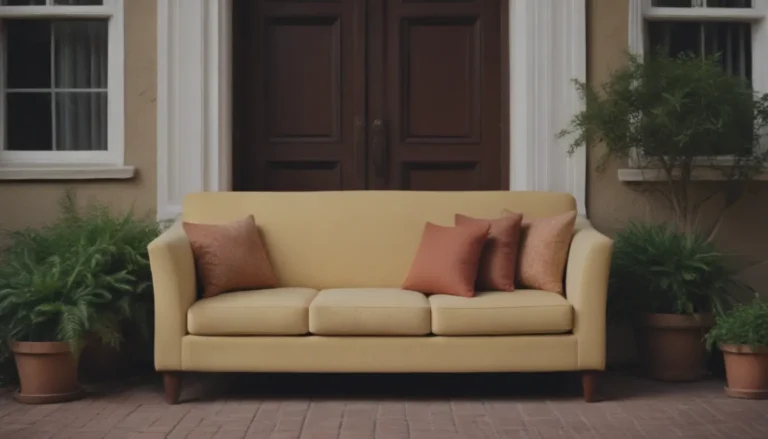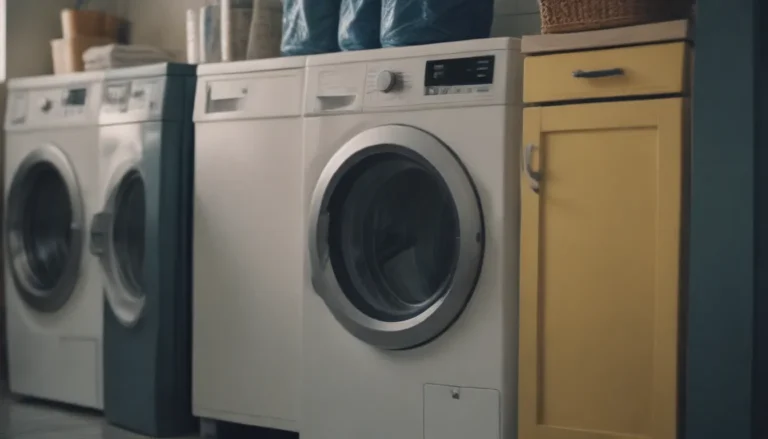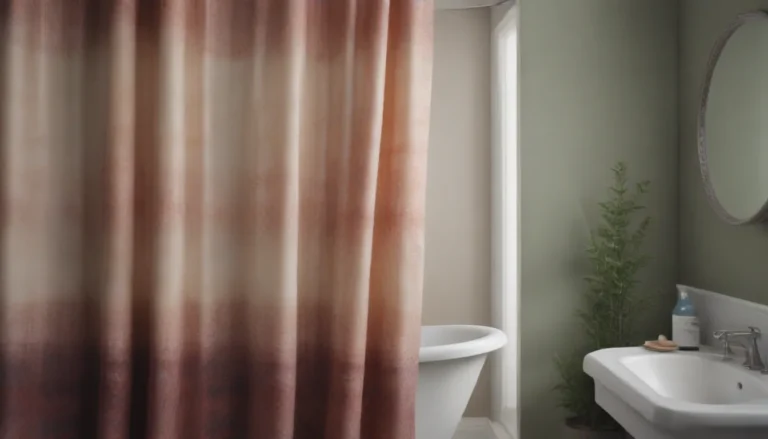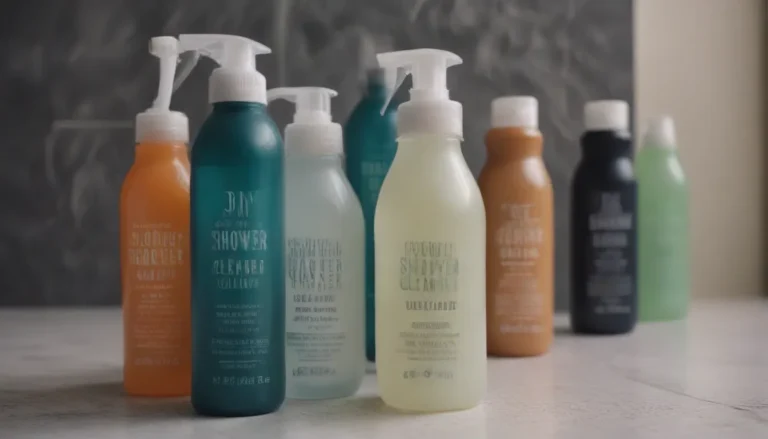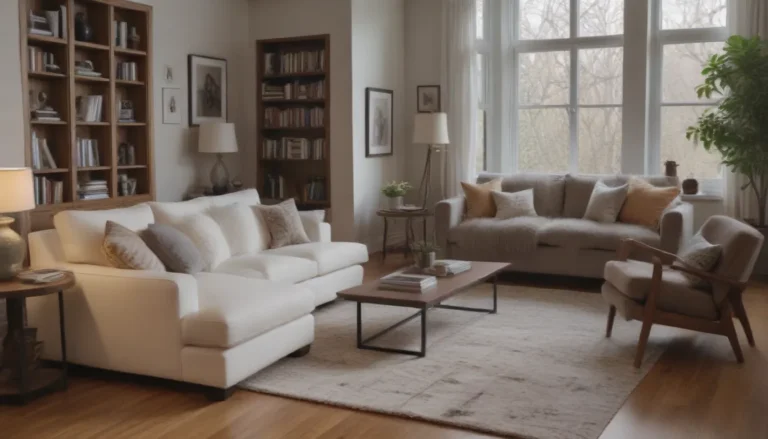The Comprehensive Guide to Choosing the Best Room Humidifier
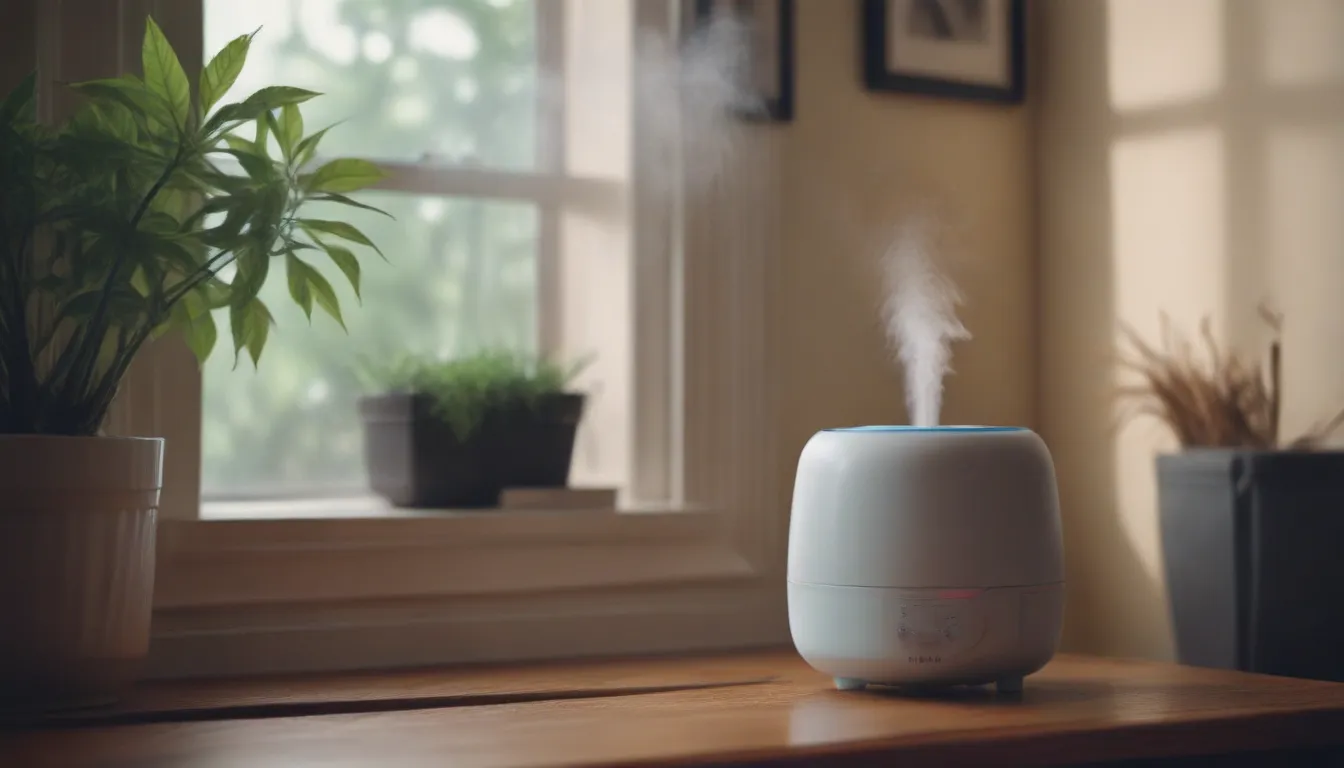
Are you considering purchasing a room humidifier to improve the air quality in your home? Room humidifiers can be incredibly beneficial, especially if you live in an area with dry air or if you suffer from respiratory issues. However, choosing the right humidifier for your needs can be a daunting task with so many options available in the market. This guide will walk you through the essential factors to consider when selecting a room humidifier to ensure you make the best choice for your home.
Why Use a Room Humidifier?
Before we delve into the factors to consider when choosing a room humidifier, let’s briefly discuss why using a humidifier can be beneficial for your health. Dry air can lead to a variety of respiratory problems, including dry sinuses, bloody noses, and cracked lips. By adding moisture to the air, a room humidifier can help alleviate these symptoms and provide relief for conditions such as colds, bronchitis, and allergies. However, it’s essential to use a humidifier correctly to avoid creating a breeding ground for mold and bacteria in your home.
Types of Room Humidifiers
When choosing a room humidifier, you will first need to decide on the type of humidifier that best suits your needs. Room humidifiers are available in four basic styles, each with a different mechanism for increasing air humidity:
- Evaporative humidifiers: These humidifiers use a fan to blow air through a wet wick or filter, which helps evaporate the water into the air.
- Impeller humidifiers: Impeller humidifiers use a rotating disk to fling water into a diffuser, breaking the water into tiny droplets that are released into the air.
- Ultrasonic humidifiers: Ultrasonic humidifiers use ultrasonic vibrations to create a fine mist of water droplets that are dispersed into the air.
- Steam vaporizers: Steam vaporizers boil water and release steam into the air, raising humidity levels effectively.
Cool Mist vs. Warm Mist
The decision between a cool mist and a warm mist humidifier will depend on your personal preferences and needs. While warm mist humidifiers were once popular, cool mist units have become more common due to their safety features, making them ideal for households with children and pets. Here are some points to consider for each type:
Warm Mist Humidifiers:
– Superheating water in warm mist units can kill mold spores and bacteria.
– Ideal for providing soothing relief for congestion and cold symptoms.
Cool Mist Humidifiers:
– Safer to use in homes with children and pets.
– Some models offer air purification features for added health benefits.
Humidifier Size and Capacity
The size and capacity of a room humidifier are important factors to consider when making your selection. While all room humidifiers are portable, they vary in size and the amount of water they can hold. Consider the following when evaluating the size and capacity of a humidifier:
- The size of the water holding tank and how often it will need to be refilled.
- The amount of water the humidifier can put into the air per day.
- The square footage of the space the humidifier can effectively humidify.
Ensure that you choose a humidifier with the right capacity for the size of the room you intend to use it in to avoid issues such as condensation buildup and bacterial growth.
Control Precision
When selecting a room humidifier, consider the level of control it offers for adjusting the moisture output. Some humidifiers feature basic moisture control with variable fan speeds, while others come equipped with digital hygrometers and humidistats for precise humidity level management. Automatic measurement features can be convenient and worth the added cost for maintaining optimal humidity levels in the room.
Runtime
The runtime of a humidifier between fillings is influenced by factors such as the size of the water reservoir and the humidity level in the room. Larger water reservoirs will typically run for longer periods between refills, while smaller tanks may require more frequent filling. Be sure to check the expected runtime of the humidifier on a full tank, especially if you plan to use it for extended periods or in areas with particularly dry air.
Ease of Handling and Maintenance
Ease of handling and maintenance is another critical aspect to consider when choosing a room humidifier. Look for features that make it easy to refill the water tank, remove and clean filters, and perform routine maintenance tasks. Consider the following factors for ease of handling and maintenance:
- How easily the water tank can be removed and refilled.
- The availability and ease of changing filters.
- Cleaning requirements to prevent bacterial growth and maintain air quality.
Regular cleaning and maintenance are essential for keeping your humidifier in top condition and ensuring the health and safety of your home environment.
Noise Level and Settings
Although some operating noise is expected from a humidifier, you may want to choose a unit with adjustable settings for noise levels, especially if you plan to use it in a bedroom. Look for humidifiers with low/silent settings for nighttime use, as well as options for high and low noise levels. Ultrasonic humidifiers are known for being the quietest to operate due to their fine mist output without boiling water or hissing sounds.
Safety and Health Features
Safety and health features are crucial considerations when selecting a room humidifier to ensure the well-being of your household. Look for humidifiers with safety mechanisms such as automatic shut-off when the water reservoir is empty to prevent overheating. Additionally, consider models with built-in hygrometers, UV light features, or special tank coatings that help kill bacteria and maintain optimal air quality. Investing in a humidifier with these features can provide peace of mind and promote a healthier living environment.
Humidifiers vs. Diffusers
It’s important to distinguish between humidifiers and diffusers, as they serve different purposes despite their similar appearance. Understanding the key differences between humidifiers and diffusers can help you make an informed decision based on your specific needs:
- Humidifiers: Designed to increase air humidity levels for health benefits and respiratory relief.
- Diffusers: Used to disperse essential oils into the air for aromatherapy and relaxation purposes.
If you’re looking to improve air quality and alleviate respiratory symptoms, a humidifier is the ideal choice. However, if you seek the therapeutic benefits of essential oils, a diffuser may be more suitable. Some hybrid models offer both humidifying and diffusing capabilities for versatile use.
Warranty
Finally, when purchasing a room humidifier, consider the warranty offered by the manufacturer to ensure product reliability and longevity. While most humidifiers come with a standard one-year warranty for replacement, some models offer extended warranties for additional protection. Evaluate the warranty duration and coverage provided by the manufacturer to make an informed decision on your humidifier purchase.
In conclusion, choosing the right room humidifier involves considering various factors such as operating design, cool mist vs. warm mist, size and capacity, control precision, runtime, ease of handling and maintenance, noise level and settings, safety and health features, differentiation from diffusers, and warranty coverage. By carefully assessing these factors and selecting a humidifier that meets your specific needs, you can enjoy improved air quality, respiratory relief, and a healthier living environment in your home. Happy humidifier shopping!
